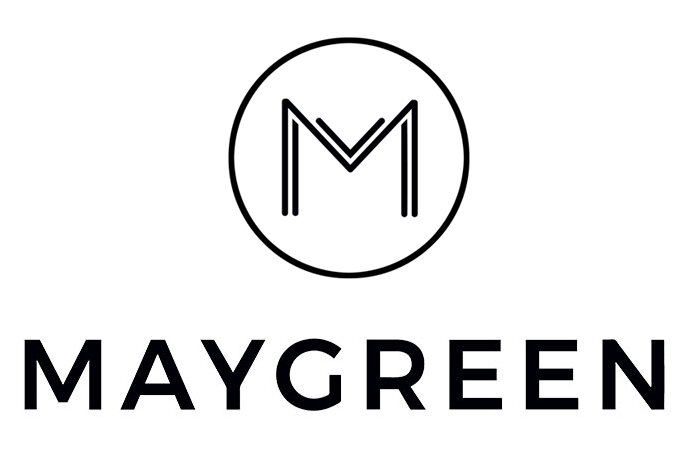HMO Investing Do's & Don'ts - Day 1
Recently we ran a series on Instagram, seven days of HMO Investing Do’s and Don'ts. All based on the lessons we’ve learnt running an HMO investment business for the past 5 years. It was a popular series on stories but after 24 hours, each story disappeared so we wanted to share them again. This time in a place you can always return to.
Over the next seven days, a new DO and a new DON’T will drop on the blog each day so make sure you check back over the week. At the end of the series, we’ll send out a handy guide with all 14 tips plus extra bonuses that will help fast track your HMO success. Sign up below to receive your copy. Let’s get started.
Do your research and check demand. This is key to HMO success.
Location is everything when it comes to HMOs. Before you find a property, you need to ensure there is demand from your tenant profile (professionals, students, supported living etc). If implemented correctly, HMOs are one of the best income generating property strategies. However, buying a property in the wrong location where there is little or no demand will leave you with cash flow problems from constant voids.
Do your research before deciding on an area. You need to know where HMOs are in demand for the tenant profile you are targeting. There is no point setting up a professional HMO in a heavily populated student area. Or a professional HMO in a small village with no local employment or transport links to bigger cities.
So how do you check demand?
Speak to local HMO agents. Check Spareroom and track how quickly rooms are being let in the area (great task to outsource to a VA). What large employers operate in the area? Are there any regeneration and development projects planned that will boost demand from your tenant profile? How well connected is the area? Are there strong transport links to city centers or employment hubs?
Want to know more?
Register below for our free guide where we share our top 5 questions to ask estate agents to check HMO demand. The answers to these questions will help you decipher whether there is strong HMO demand and get you past the analysis paralysis phase.
Don’t compromise on quality. It will cost you more in the long run.
Everything from your builder, to the amount of communal space you provide, to the service you deliver your tenants. Whatever you save up front will cost you more down the line.
Consider this. You choose a cheap builder. On paper, it increases the return of your deal. Great news. However, during the refurb the builder starts cutting corners to keep the costs down. You're left with a substandard (potentially unsafe) product with constant maintenance issues.
High maintenance costs will quickly diminish your monthly profit. The constant maintenance also creates friction with your tenants, increasing the likelihood of voids and low tenant retention. That cheap builder is nowhere to be seen and is now starting to cost you money.
Quality is at the core of everything we do. To us, if the job is not delivered with quality, then the job is not finished.
Quality extends beyond your refurbishments, you also need to consider the quality of communal space you provide (more on this on day seven) and the level of customer service you deliver to the tenants. How responsive are you to maintenance? Do you notify all tenants before contractors access communal areas for maintainence? Do you surprise them with small gifts just to say thanks? Do you offer them incentives for referring other tenants or providing feedback?
Register below to receive all 14 Do’s and Don’ts in one handy guide plus extras. The link to download will be emailed to you after the blog series.
What to expect on Day 2 HMO Investing Do's & Don'ts
In tomorrow’s blog we look at how important ensuite bedrooms are in HMOs and what rental uplift they will give your investment. We also look at the difference between your ROI on paper versus real life, especially if you decide to squeeze in that extra bedroom.


